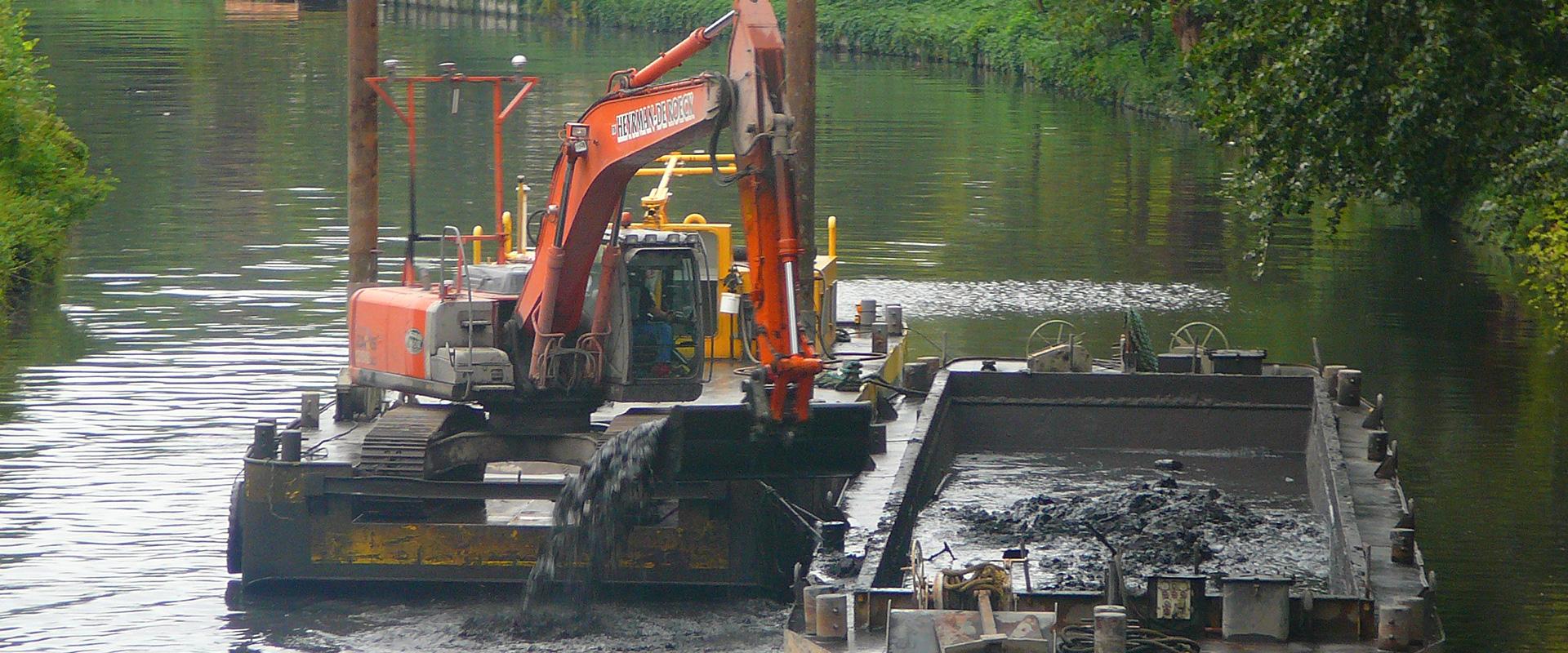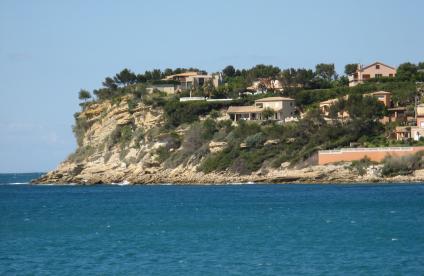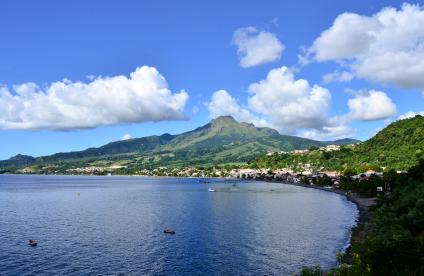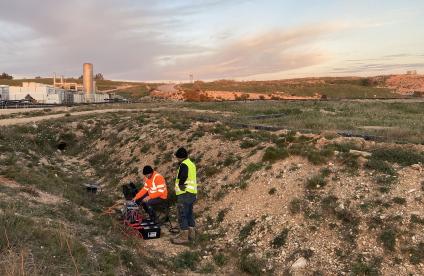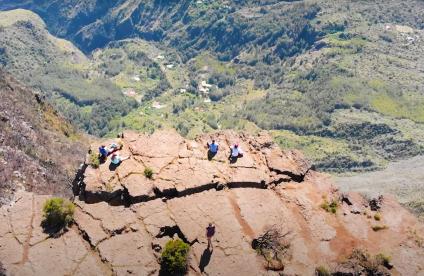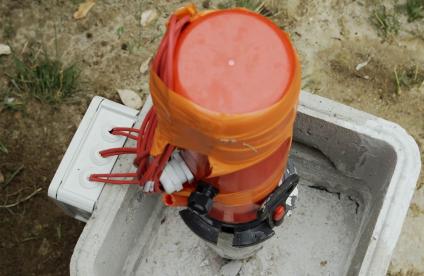In rivers and canals, sediments not only cause siltation, which is a major problem for the public authorities and waterway managers.
But also, because they generally contain heavy metals, PCBs and other chemicals, raise public health problems in the event of flooding, dredging and cleaning, for example, which all tend to re-disperse these substances in the water.
Depollution solutions
In the Rhone valley, BRGM with its industrial and academic partners is one of the players in the AXELERA project, which has two objectives: to characterise the behaviour of PCB-contaminated sediments and to investigate solutions for depollution, in particular through biodegradation by suitable bacterial strains.
Management scenarios
Under a European Interreg project (GeDSet), the BRGM and several French Belgian partners have also begun work to develop a decision-support tool for the management of sediments.
The aim is to determine the most relevant management method through precise assessments of the environmental, economic and social issues arising in different types of intervention.
A decision-support tool
After capitalising all available information on sediments, management methods, decontamination processes and real situations in Wallonia, the aim will be to develop a tool capable of assessing the performance and effects, both positive and negative, of different types of intervention in a given situation, so that the management organisation can choose the best solution: natural remediation, cleaning, treatment, storage or several solutions in combination.
Once finalised, the tool will produce a set of scenarios for each case and an assessment of their consequences and impacts on identified issues, thus providing an all-round view of the various implications of sediment management and its role within the broader context of sustainable development.

